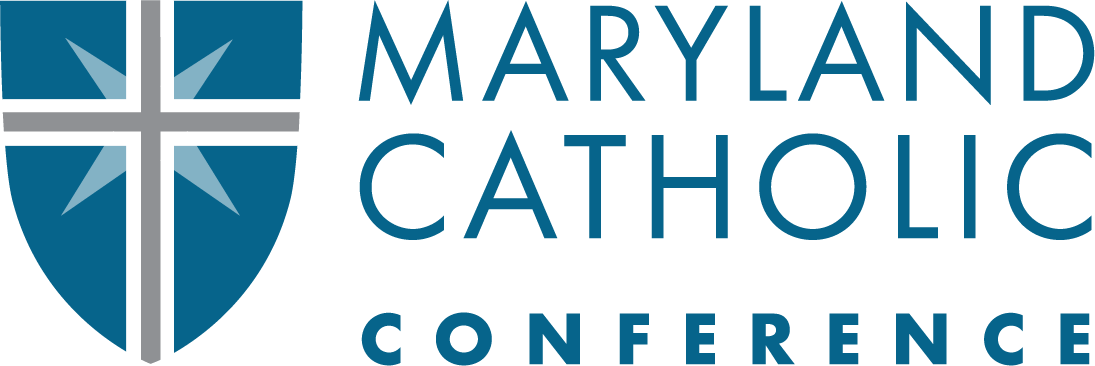Favorable
Committee: Health & Government Operations
HB0383
The Maryland Catholic Conference (MCC) is the public policy representative of the three (arch)dioceses serving Maryland, which together encompass over one million Marylanders. Statewide, their parishes, schools, hospitals, and numerous charities combine to form our state’s second largest social service provider network, behind only our state government.
House Bill 383 requires the Maryland Medical Assistance Program and certain insurers, nonprofit health service plans, and health maintenance organizations to provide certain coverage related to orthoses beginning January 1, 2026; defining “orthoses” as a certain custom device to treat a neuromuscular or musculoskeletal disorder or acquired condition; and establishing that certain insurers, nonprofit health service plans, and health maintenance organizations must comply with certain provider network requirements.
Orthotic devices are essential for individuals with disabilities or musculoskeletal conditions to maintain mobility, which is crucial for both physical and mental well-being. Mobility enables individuals to perform daily tasks, supports proper blood circulation and oxygen delivery to vital organs, and facilitates exercise, which boosts endorphins, reduces pain, and helps alleviate depression. Orthotics help restore mobility that would otherwise be painful or impossible, promoting health equity and allowing individuals to experience the normalcy enjoyed by those who do not require such aids.
By improving flexibility and reducing pain, orthotic devices enable users to engage in more physical activity, which can strengthen underused muscles and improve overall health. Research shows that lower limb orthoses are associated with significant benefits, such as increased stride length, faster walking speed, reduced energy expenditure, and improved balance.(1)
These devices enhance mobility and reduce discomfort, leading to better health outcomes and a higher quality of life. Given their importance, orthotic devices should be covered by service plans, especially for individuals who rely on them to live independently. Providing access to these devices not only protects the health of vulnerable individuals but also upholds their dignity by fostering inclusion and integration within their communities. Ensuring coverage of orthotic devices affirms the inherent value and dignity of every person, supporting their ability to lead full and meaningful lives.
For these reasons, the Maryland Catholic Conference asks for a favorable report on HB 383.
Thank you for your consideration.
—-
(1)https://pmc.ncbi.nlm.nih.gov/articles/PMC10111250/#:~:text=Use%20of%20lower%20limb%20orthoses,sway%20while%20standing%20with%20feet
